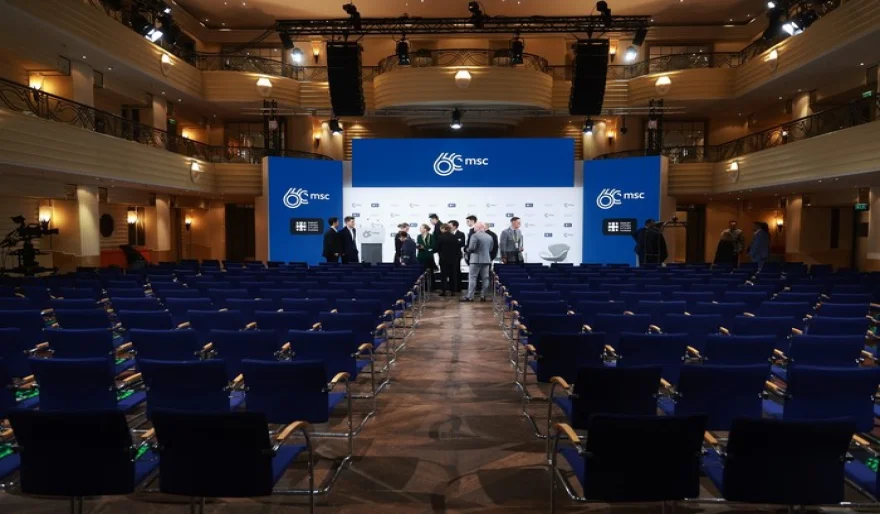Stay Ahead of the Curve
Latest AI news, expert analysis, bold opinions, and key trends — delivered to your inbox.
Microsoft, Meta, Google, OpenAI Collaborate Against Election Deepfakes
5 min read Big tech companies are teaming up to fight against election deepfakes, which are fake videos that can cause problems during elections. Microsoft, Meta (formerly Facebook), Google, and OpenAI are working together to create technology and share information to stop these misleading videos from spreading. February 20, 2024 07:08
The fight against election misinformation takes a significant step forward as tech giants Microsoft, Meta, Google, and OpenAI join forces to develop technology against election deepfakes. This collaboration announced at the Munich Security Conference, aims to protect democratic processes from the potential harm of manipulated videos and audio.
Why This Matters:
- Deepfakes are a growing threat: AI-generated videos and audio can be incredibly realistic, making it difficult to distinguish them from real recordings. This can be used to spread misinformation, damage reputations, and even sway voters.
- Elections are vulnerable: Political campaigns are prime targets for deepfake attacks, as they can be used to create false narratives and manipulate public opinion.
- Collective action is crucial: No single company can effectively combat this threat alone. Collaboration between tech giants is essential to develop comprehensive solutions.
What the Agreement Entails:
- Developing detection tools: The companies will work on technologies that can identify and flag deepfake content before it goes viral.
- Promoting public awareness: Educational campaigns will aim to inform the public about deepfakes and how to spot them.
- Taking action against deepfakes: The companies will remove deepfakes from their platforms and take steps to prevent their creation and spread.
Challenges and Considerations:
- Accuracy and bias: Deepfake detection tools need to be accurate and unbiased, avoiding false positives and ensuring fair treatment of all users.
- Freedom of expression: Balancing the need to remove harmful content with protecting freedom of expression is a delicate task.
- Global reach: The agreement needs to be inclusive and address the diverse challenges faced by different countries and elections.
Moving Forward:
While this collaboration is a positive step, it's important to recognize that it's just the beginning. Ongoing efforts are needed to:
- Refine detection tools: Stay ahead of the evolving deepfake technologies by continuously improving detection algorithms.
- Promote media literacy: Equip the public with critical thinking skills to evaluate information online and identify potential manipulation.
- Address the root causes: Investigate and address the factors that motivate people to create and spread deepfakes for malicious purposes.
User Comments (0)
No comments added yet.
Comments will not be approved to be posted if they are SPAM, abusive, off-topic, use profanity, contain a personal attack, or promote hate of any kind.



















 AI Agents
AI Agents